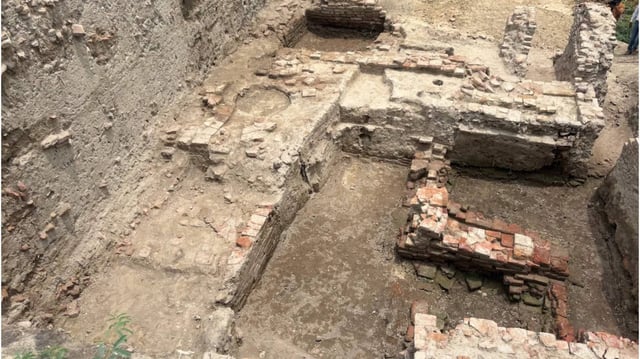Overview
- Excavation at Bahaj village reached 23 meters, marking the deepest archaeological trench ever conducted in Rajasthan and exposing stratified layers dating back 4,500 years.
- Archaeologists uncovered a 23-meter-deep paleo-channel that may correspond to the Rigveda’s Saraswati River, offering new insights into ancient North Indian waterways.
- Over 800 artifacts spanning the Harappan post-period through the Gupta era were recovered, including pottery, Brahmi script seals, copper coins, Yajna Kunds, sculptures and bone-made tools.
- Officials sent a human skeleton found at the site to Israel for specialized analysis to clarify its age, origin and the cultural practices of its bearers.
- The ASI has submitted its final excavation report to the Ministry of Culture and the area is under consideration for designation as a National Archaeological Protected Area.
